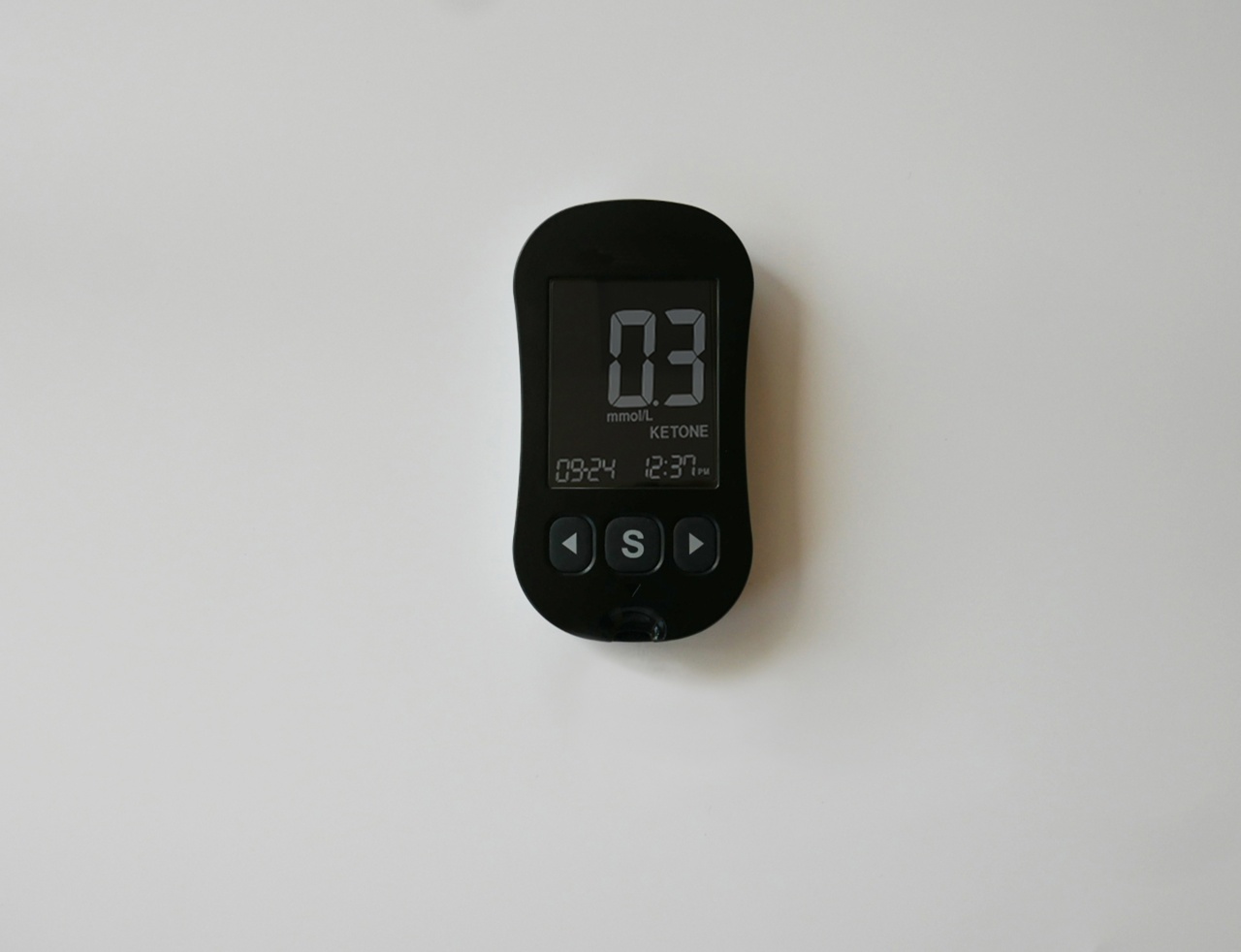Blood pressure is the force of blood against the walls of arteries. It is measured in millimeters of mercury (mm Hg) and is represented by two numbers: the systolic pressure (top number) and the diastolic pressure (bottom number).
It is important to keep blood pressure under control to prevent various health conditions such as stroke, heart attack, and kidney diseases. In this article, we will discuss how to control your blood pressure with a lower systolic target.
What is Systolic Blood Pressure?
Systolic blood pressure is the pressure of blood that is exerted against the walls of arteries when the heart beats. It is the first number in a blood pressure reading and is measured in mm Hg.
The normal range for systolic blood pressure is between 90 and 119 mm Hg. However, if your systolic blood pressure is greater than 130 mm Hg, you are considered to have high blood pressure.
Why Lower Systolic Target?
The American College of Cardiology and American Heart Association recommend a lower systolic blood pressure target of less than 130 mm Hg for adults with hypertension or a high risk of cardiovascular disease.
The reason for the lower target is to reduce the risk of stroke and heart attack. Studies have shown that lowering systolic blood pressure to less than 130 mm Hg can significantly reduce the risk of cardiovascular events and mortality.
Lifestyle Changes to Lower Systolic Blood Pressure
There are various lifestyle changes that you can make to lower your systolic blood pressure. These include:.
- Reducing your salt intake: Eating a diet low in sodium can help lower blood pressure.
- Losing weight: Losing even a small amount of weight can help lower blood pressure.
- Exercising regularly: Regular physical activity can help lower blood pressure.
- Quitting smoking: Smoking can raise blood pressure, so quitting can help lower it.
- Reducing alcohol consumption: Drinking too much alcohol can raise blood pressure, so reducing your consumption can help lower it.
Medications to Lower Systolic Blood Pressure
If lifestyle changes are not enough to lower your systolic blood pressure, your doctor may prescribe medications. There are various types of medications that can be used to lower blood pressure, including:.
- Diuretics: These medications help the kidneys remove excess water and salt from the body, which can lower blood pressure.
- ACE inhibitors: These medications block the production of a hormone that can cause blood vessels to narrow, which can lower blood pressure.
- Angiotensin II receptor blockers: These medications block the action of a hormone that can cause blood vessels to narrow, which can lower blood pressure.
- Beta blockers: These medications slow down the heart rate and reduce the force of the heart’s contractions, which can lower blood pressure.
Monitoring Your Blood Pressure
It is important to monitor your blood pressure regularly if you have hypertension or are at risk of developing it. You can monitor your blood pressure at home using a blood pressure monitor.
Your doctor may also recommend regular checkups to monitor your blood pressure and adjust your treatment plan if necessary.
Conclusion
Controlling your blood pressure is important to reduce the risk of various health conditions. Lowering your systolic blood pressure to less than 130 mm Hg can significantly reduce the risk of cardiovascular events and mortality.
Lifestyle changes such as reducing salt intake, losing weight, exercising regularly, quitting smoking, and reducing alcohol consumption can help lower blood pressure. If lifestyle changes are not enough, your doctor may prescribe medications.





























